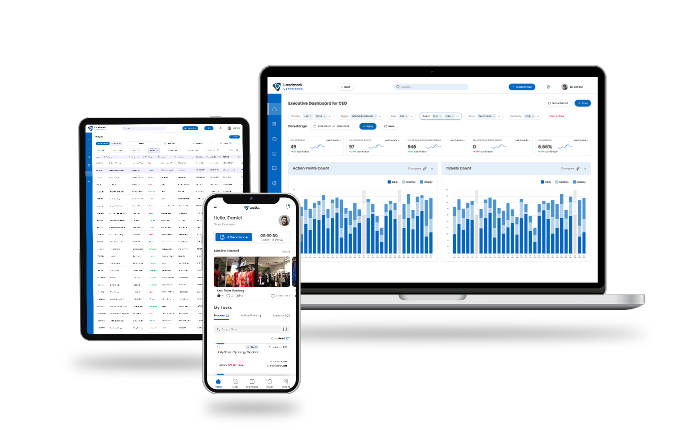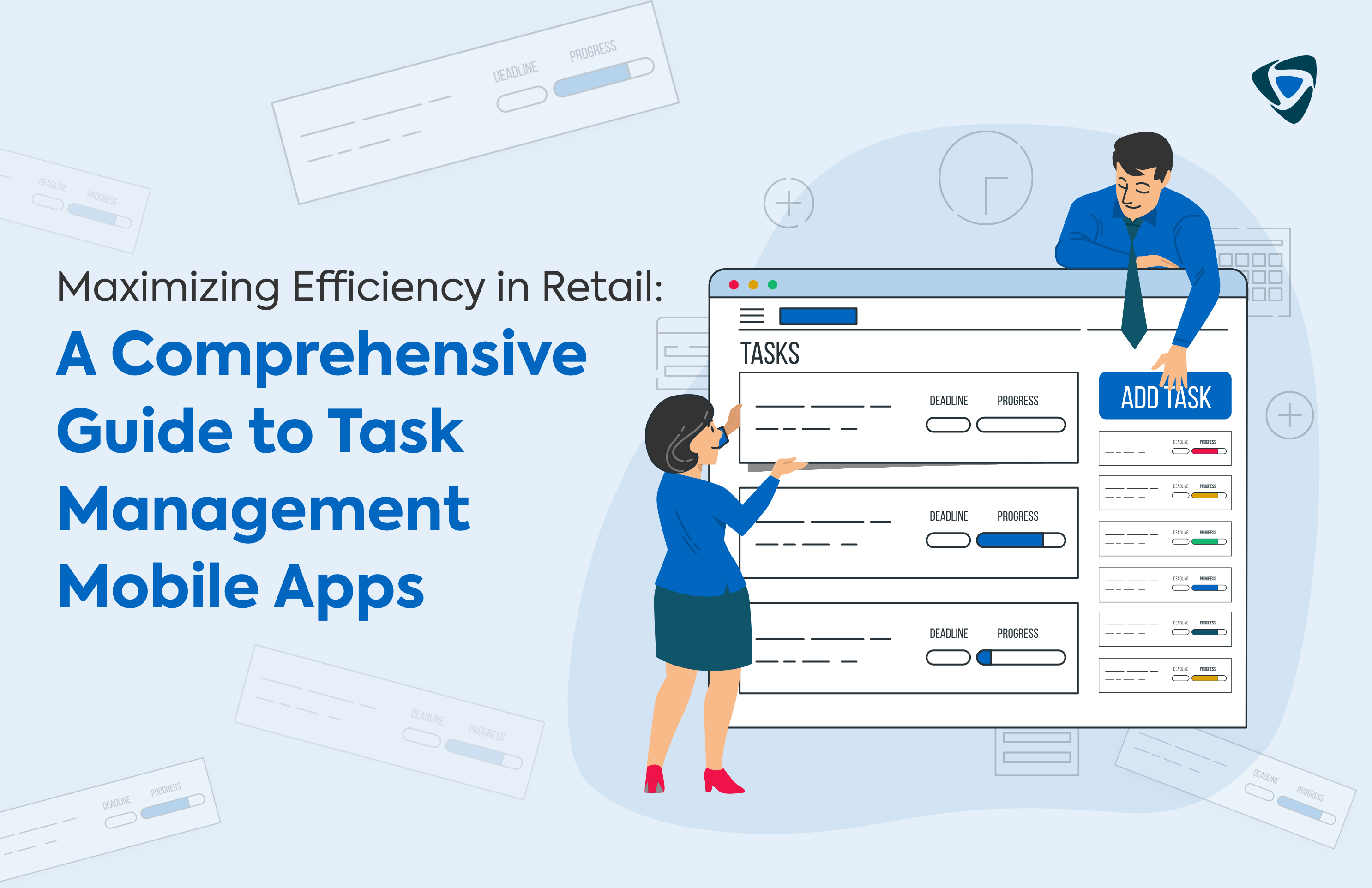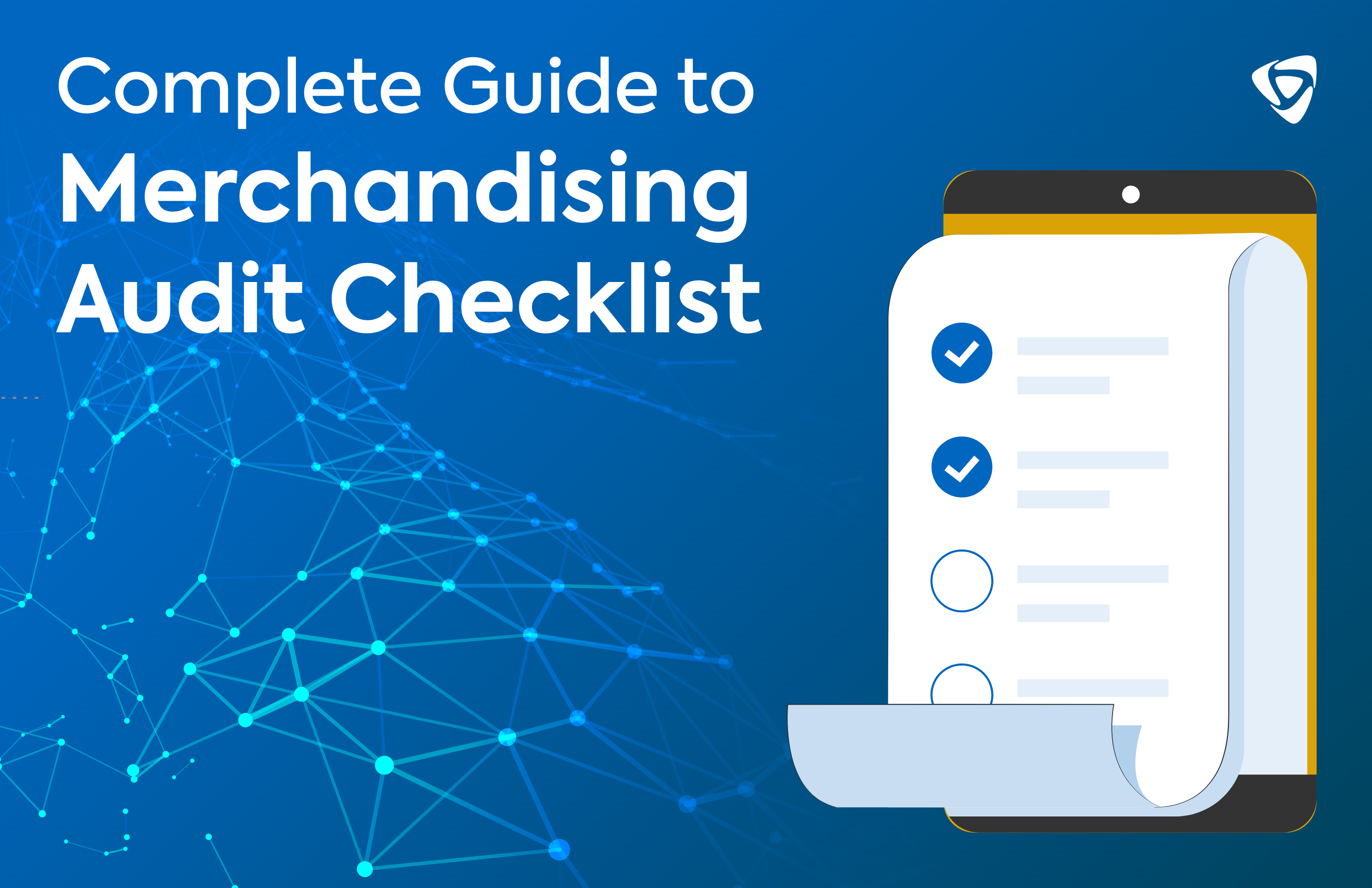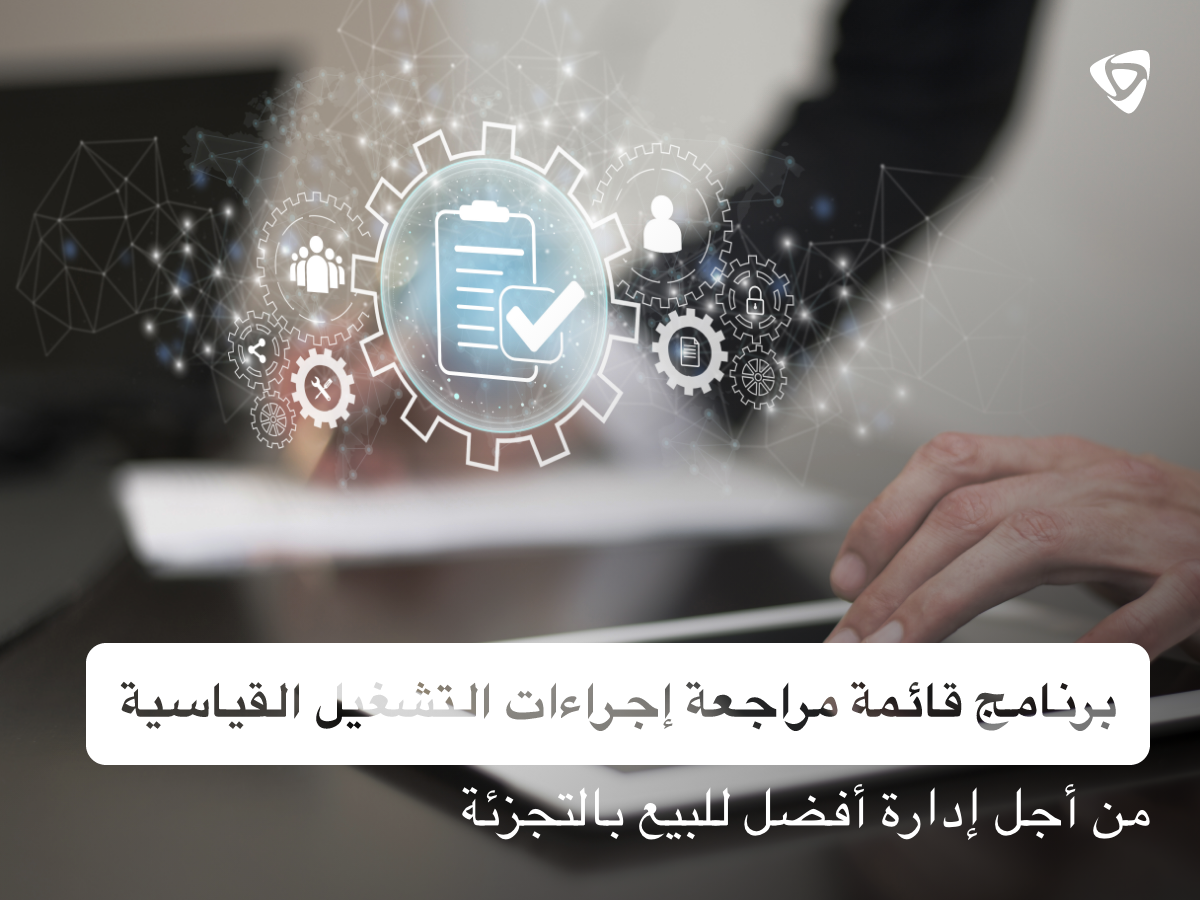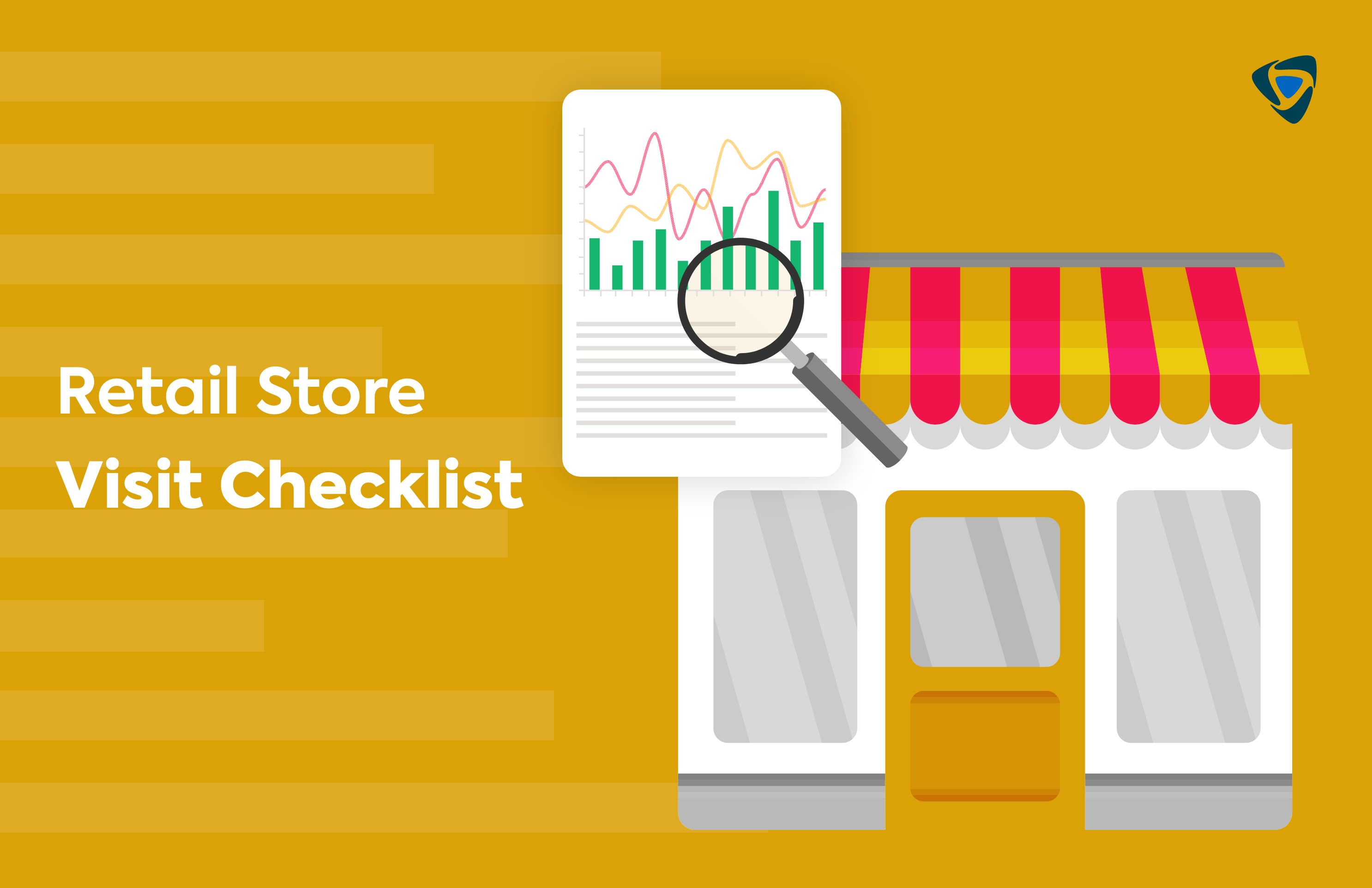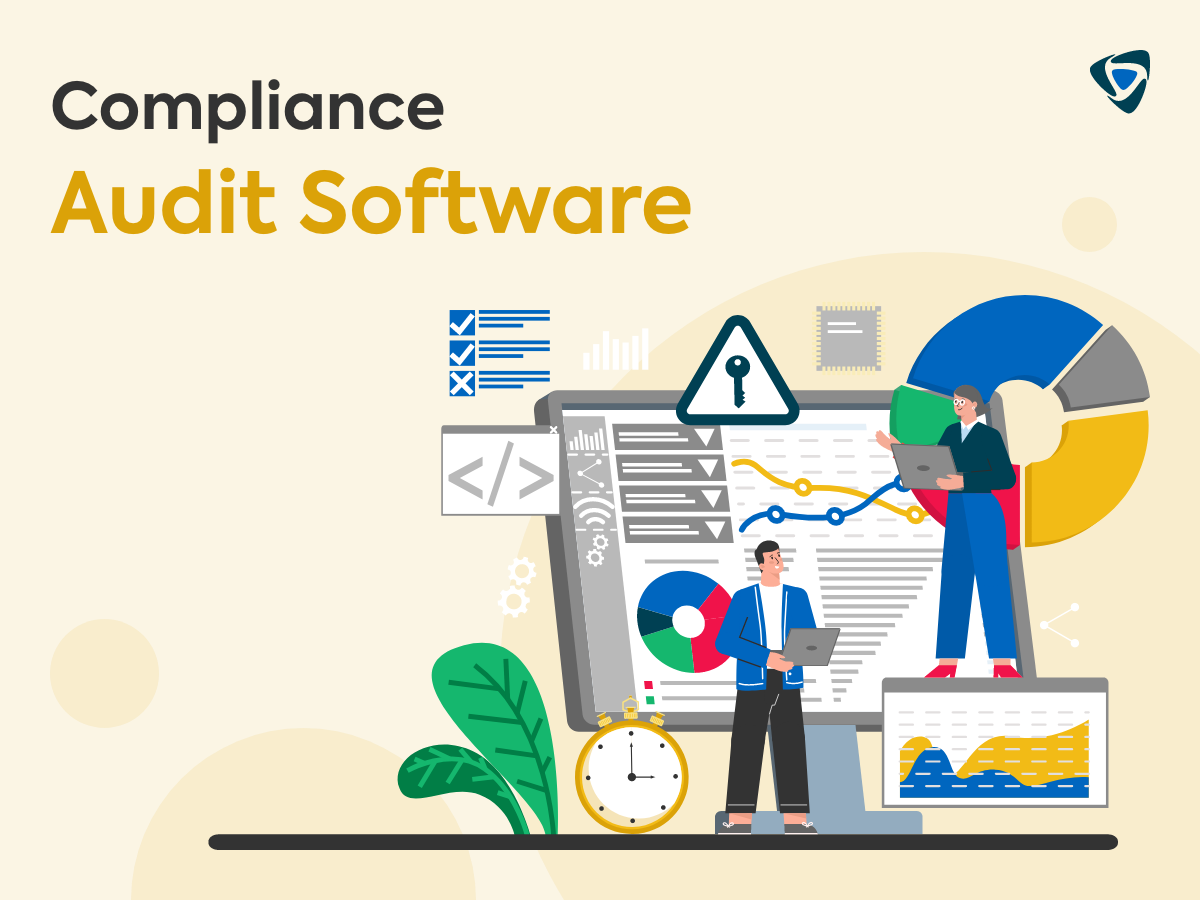Guide
Transform Your Retail Operation with a Powerful Facility Management Platform
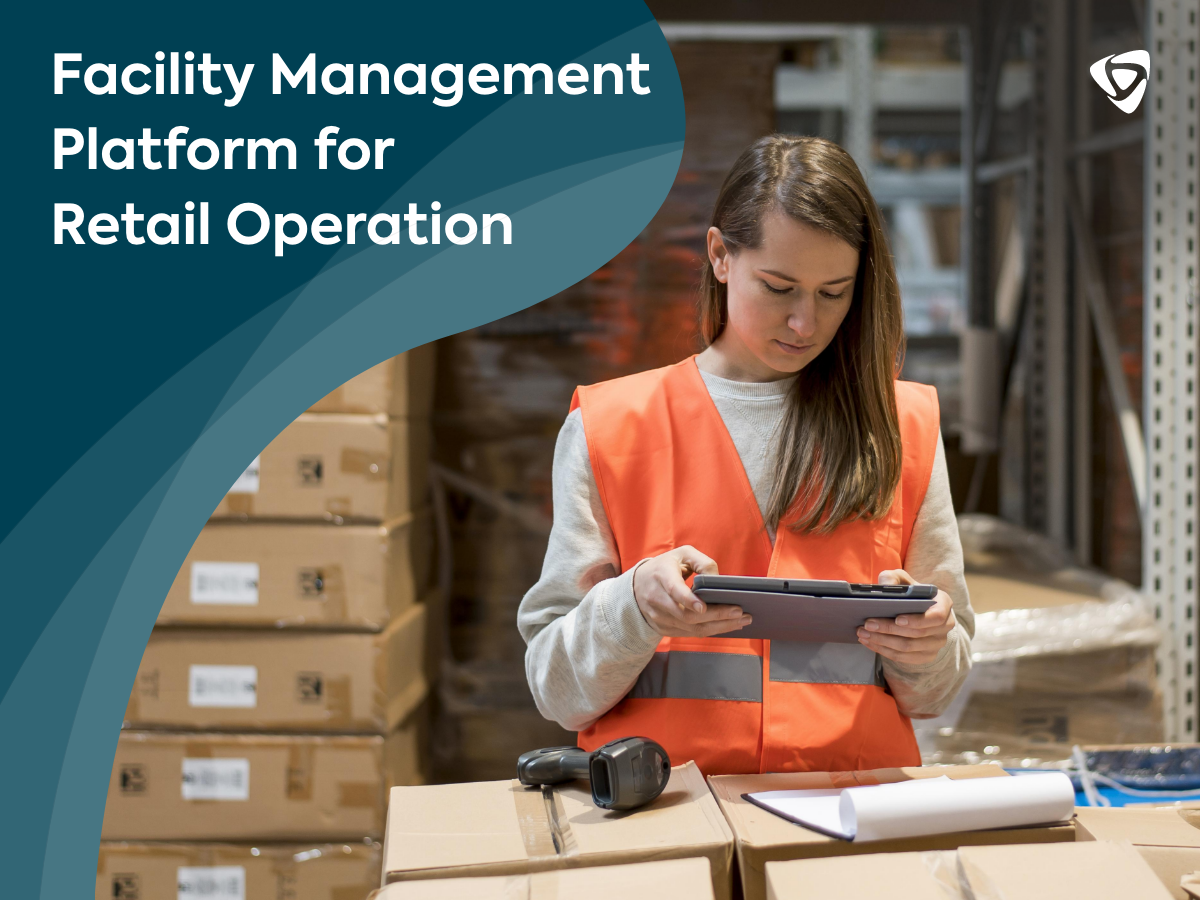
Facility Management Platform for Retail Operation
Facility management platform for retail operations is a software solution designed for easy and smooth facility management of the retail industry where the retailers have multiple stores across different locations. Facility management platform for retail operations helps retail business owners to improve operational efficiency with better distribution of resources and reducing wastage which in turn reduces unnecessary costs. The facility management platform enables retailers to monitor and track maintenance tasks, schedule them, analyze compliance, and generate automated reports with data insights to aid retail management in making informed and smart decisions.
With efficient management of security systems along with consistent monitoring of health and safety regulations, retailers can ensure their stores are safe. Furthermore, facility management platforms like Taqtics help retail business owners to address facility-related problems and issues promptly enabling them to build retail store outlets with a pleasant environment for both its store team members and employees. Keep reading this blog to learn more about facility management software, different types of facility management software for retail, different levels of facility management, and more on this topic.
What is Facility Management Software?
Facility management software like Taqtics is a software solution designed especially for the facility-related operations of a retail business store. Wondering what exactly comes under facility operations? Here are some examples to give you a better understanding of facility management operations. Facility management includes regular inspection and maintenance of the store’s electrical appliances, furniture, security system, plumbing system, waste management, safety guide adherence, and so on.
Facility management platforms like Taqtics help to digitize these facility-related tasks and processes to reduce costs, enhance operational efficiency, and improve the overall maintenance of your retail store. It enables store team members to report and address maintenance issues promptly. This helps to reduce turnaround time for issue resolution so that it does not affect the consistent in-store experience for your customers. In addition, Taqtics offers a comprehensive and optimized dashboard with clear status and details of the resolved unresolved, pending, delayed, and prioritized issues.
Types of Facility Management Software
Are you looking to find the right facility management software solution for your retail business, then you need to know the different types of facility management software solutions in the market. This can give you a better understanding of what type of facility management software solution best suits your retail business needs. Below are the top 3 types of facility management software, their functions, and their benefits.
- Computer-Aided Facility Management Software – CAFM
Computer-aided facility management software also referred to as CAFM aids the daily retail store facility management with the help of information technology. CAFM provides visibility into the facility management duties and areas of improvement. This software can be used from both web and gadgets helping retailers to access data anytime, anyplace. CAFM also offers multimedia storage to collect all the storage records and registers. This software can help to get a complete view of inventory management like suppliers, restocking quantity, and more.
- Integrated Workplace Management System Software – IWMS
As the name suggests, the integrated workplace management system software also known as IWMS is a software that integrates the usage of business resources and facilities into its platform. IWMS gives accurate and real-time data making the decision process smarter, efficient, effective, and easier. With IWMS facility management software, you no longer need endless Excel sheets as it offers automated data reports on all the information entered which saves a significant amount of time and costs.
- Computerized maintenance management software – CMMS
Computerized maintenance management software commonly known as CMMS is a software program that is tailored to effectively manage facility management operations across multiple retail outlets. This platform helps retailers to reduce costs by tracking and reporting tasks and processes clearly to avoid wastage of energy and to avoid errors during the execution of tasks. CMMS helps to reduce the delay by aiding and simplifying facility management tasks and scheduling them as needed. It also helps to standardize facility management operations and schedules across different retail store locations of your business.
What are the 4 Ps of facility management?
The 4 Ps of facility management are People, Property, Processes, and Performance. These are the four most crucial areas that need to be addressed by retailers to achieve smooth facility operations. Let us look at what these words mean on a deeper level.
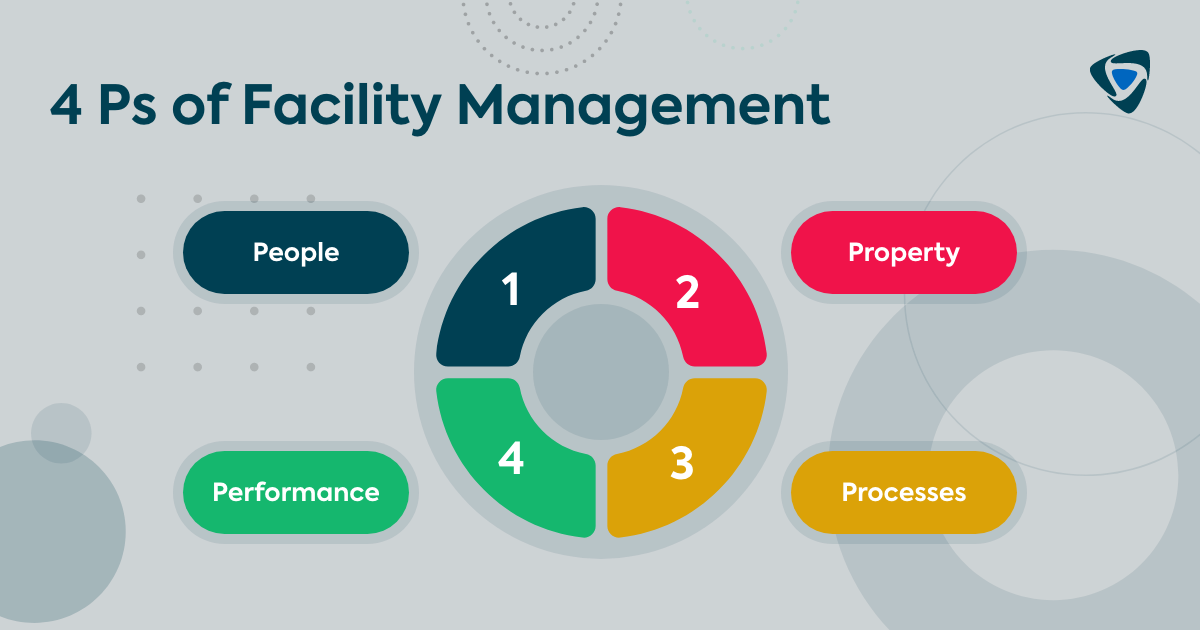
- People: People are the backbone of any business from management teams to store teams to customer service teams to your actual consumers. It is very important to build a safe and appealing environment for the employees as well as the customers. Taking care of this aspect of your business promotes productivity and profitability.
- Property: The tangible and intangible properties of your business are an important part of your retail business. Therefore, retailers need to make sure that they conduct regular maintenance, repairs, and renovation to ensure that their properties are always polished and compliant with all the business regulations. Taking care of your properties regularly increases the value and longevity of your business.
- Processes: A clear set of tasks and processes supports the effective and seamless operation of facility management. This includes standard operating procedures or SOP checklists and monitoring all the tasks and processes regularly. For consistent practice and smooth functioning of processes, you need to create maintenance schedules and checklists.
- Performance: The main aspect of this is to measure the performance of facility management, its tasks, and, processes. The key performance indicators of facility management like the usage of energy, maintenance expense, facilities regulations compliance, and more are monitored to make informed decisions and analyze progress across multiple retail store outlets.
These four principles of facility management build a safe and productive retail store environment by prioritizing facility management.
What are the 2 levels of facilities management?
Facilities management is the management and coordination of store maintenance, infrastructure, and services within a business. It has two top most important levels; operational and strategic level facilities management.
Operational Level Facility Management
Operational-level facility management is a type of facility management that focuses mainly on the everyday operations, processes, tasks, and activities of the facilities. This includes cleaning the stores, routine checks for maintenance, utility management, health and safety, space management surveillance checks, and so on. Operational-level facility management plays an important role in the smooth running of facilities every day.
The key responsibilities of operational-level facility management are; overseeing daily tasks such as cleaning, management of maintenance routine schedules, communicating with necessary departments to resolve identified issues, and more. It also includes conducting regular audits and inspections to ensure facility management compliance and address other maintenance issues.
Strategic Level Facility Management
Strategic-level facility management focuses on the planning process and decision-making area for long-term facility management across retail store outlets. This level of facility management optimized resources, improved efficiency, and contributed to the enhancement of overall performance. It has a defined facility management plan for execution over a long period which is best suited to the goals and objectives of the business organization.
The key responsibilities of strategic-level facility management are researching cost benefits for facilities, detailing the long-term facility management strategies, long-term sustainable planning of the facilities, implementing new technology-based resources for facilities management, and culminating budget plans. The strategic level facility management handles the planning and collaborative aspects for the future growth and expansion of your retail business.
The two levels of management cater to the everyday needs of the retail store to the long-term planning and goal for the future of the company. Both operational and strategic level management go hand in hand for the success of retail business store outlets.
 Schedule A Demo
Schedule A Demo 


